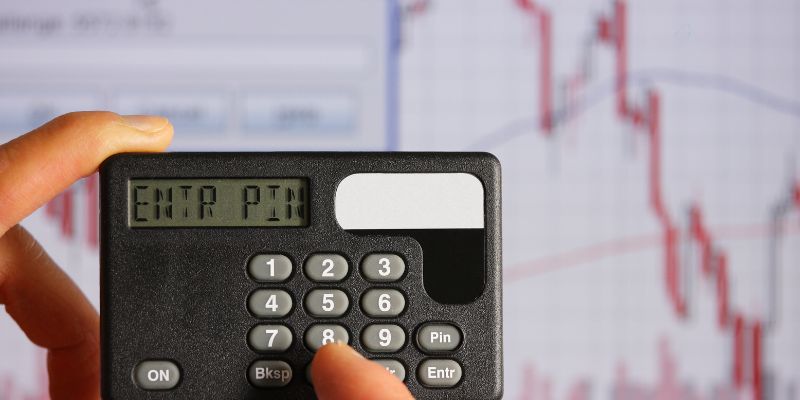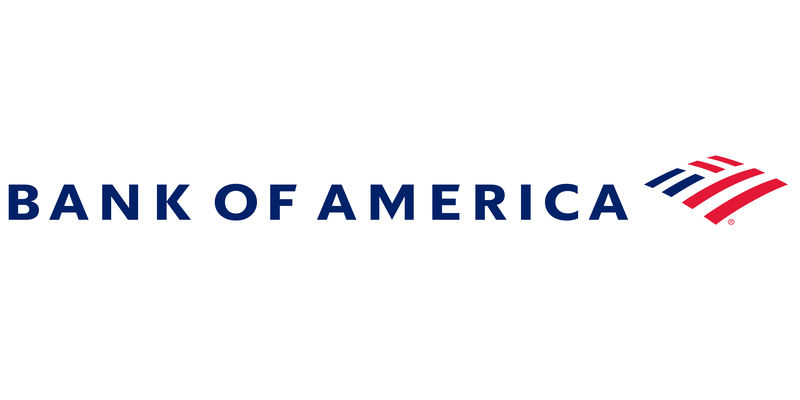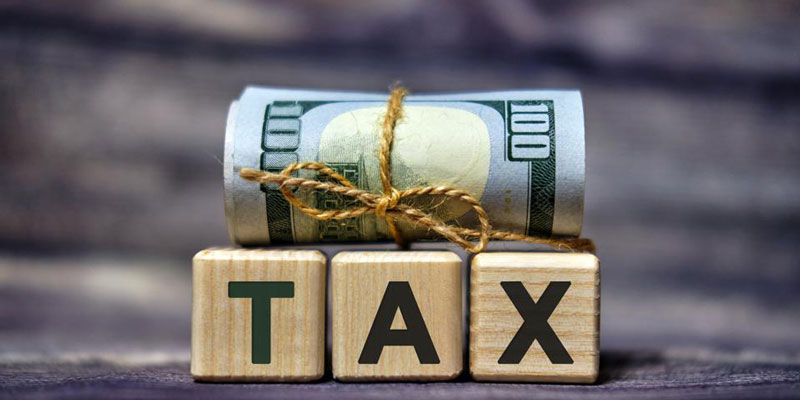In finance, a security represents a piece of ownership or right in a company or asset. On blockchains, tokens are alphanumeric sequences created through hashing. Assigning a token to an asset after it has been transferred to a blockchain is known as tokenization. The combination of these two ideas makes a security token, which is a blockchain-based token expressing ownership or rights over an asset. Let's discuss in detail what security tokens are and the advantages they offer.
A Brief Overview of Security Tokens
Security tokens are digital representations of real-world assets such as stocks, bonds, ETFs, and securities. For an understanding of security tokens, it is crucial to understand tokenization. Tokenizing anything is possible: a token can represent the ownership and registration of a vehicle. A state may require a token for the vehicle identification number (VIN) and other information required to register a vehicle, including the owner's name, address, and other relevant information.
Motor Vehicle Departments have the option of using blockchain interface programs to enter information into their blockchains, which would generate tokens representing ownership. The token could be sold and purchased, transferring ownership of the car.
Security tokens are created similarly. A company inputs the symbol it wishes to represent, and a token is produced. Eventually, this token would be offered to investors on exchanges or other appropriate platforms, with the owner's blockchain address recorded on the blockchain.
There are several different ways a security token can be identified. It could be assigned a specific image, which can be displayed as part of its value in a digital wallet, or it can have an address attached to it, which can be displayed in a physical wallet. Then again, it might just be a number that you keep track of in your wallet, if that is the case. It may be possible to display the value of your holdings, the dividend distributions, and the current value of your holdings in your wallet. Additionally, your wallet may provide quick access to prospectuses or annual reports.

What Are The Benefits of Using Security Tokens?
As an example, assume that a company would like to distribute shares in token form to investors. It may be possible to design these tokens so that they offer all the same benefits as shares, including voting rights and dividends.
This approach offers a number of advantages. Security tokens are based on a blockchain and benefit from its properties. A few of these properties are transparency, rapid settlement, no downtime, and the ability to divide.
Providing Transparency
Participants' identities are abstracted from a public ledger; however, everything else may be audited. Through smart contracts, tokens can be viewed, or their issuance and holdings can be tracked.
Settlement in a Timely Manner
When it comes to transferring assets, clearing and settlement have traditionally been considered bottlenecks. In contrast to the ease of executing trades, reassigning ownership can take a considerable amount of time. Blockchain technology automates the process and allows it to be completed within minutes.
Uptime
Existing financial markets have limited uptime. They are open for fixed hours during the week and closed on weekends. As opposed to conventional asset markets, digital asset markets operate continuously throughout the year.
Divisibility
Investing in art, real estate, and other high-value assets could become more accessible once they are tokenized. As an example, we could tokenize a painting worth $5M into 5,000 pieces, each of them worth $1,000. As a result, accessibility will be substantially increased, while control over investments will also be increased.
It is important to note, however, that some security tokens may not be divisible. The divisibility of tokens may be limited if voting and dividend rights are conferred as equity shares.
Difference Between a Utility Token and a Security Token
Utility tokens and security tokens share many similarities. Technically, both groups offer the same products. A smart contract manages these assets, can be sent to a blockchain address, and is traded on an exchange or by peer-to-peer.
The main difference between them is in the regulations and economics behind them. In order to crowdfund the development of their ecosystem, startups or established projects can issue Initial Coin Offerings (ICOs) or Initial Exchange Offerings (IEOs).
A user contributes funds in exchange for these digital tokens, which then enable them to participate (currently or in the future) in project networks. Depending on the protocol, they may confer voting rights or be used to access products and services specific to the protocol.
There is no intrinsic value to utility tokens. Unlike some traditional securities, investors are not entitled to a portion of a successful project's profits. We may be able to compare the tokens' role to that of loyalty points. It is possible to use them to purchase goods (or to sell them), but they do not provide any stake in the business distributing the goods.
The value of these assets is often determined by speculation as a result. The goal of many investors is to purchase tokens in the hope that their value will increase with the development of the ecosystem. For holders, there is little protection if the project fails.

How Can a Token Be Considered a Security?
There is a lack of legal clarity in the blockchain industry at present. As new financial technologies flood the market, regulators worldwide are still playing catch-up. Securities and Exchange Commission (SEC) regulations have ruled that some utility tokens issued by issuers are securities.
The Howey Test is perhaps the most famous metric for evaluating whether a transaction can be considered an investment contract. This test determines whether an investor expects to profit from the efforts of the promoter (or third party).
US courts produced the test long before blockchain technology became available. As a result, it is difficult to apply it to the multitude of new tokens. Yet, it continues to be a popular tool among regulators trying to classify digital assets.
Conclusion
Security tokens are blockchain equivalents of securitised assets that trade on the stock market. In finance, a symbol represents fractional or total ownership in an asset and is used for raising money, generating returns, and paying dividends, among other purposes. Securities and Exchange Commission regulations require the registration of these tokens.




